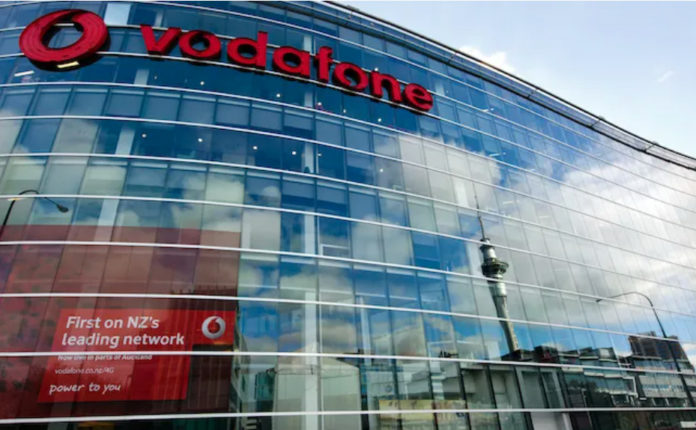The Commerce Commission has filed an appeal in the High Court against a record $2.25 million fine imposed on Vodafone NZ Limited (Vodafone) for its offending under the Fair Trading Act during its FibreX advertising campaign, describing the penalty as “manifestly inadequate”.
While the sentence imposed in the Auckland District Court on April 14 was the largest-ever fine under the Fair Trading Act, the Commission will argue it did not appropriately reflect the seriousness of the offending, and the size and financial resources of Vodafone.
Commerce Commission Chair, Anna Rawlings says the Commission will also argue that Vodafone’s conduct was wilful, rather than grossly careless, and allowed Vodafone to make significant commercial gains.
“The Commission sees this case as raising important issues relating to compliance with the Fair Trading Act,” Ms Rawlings said.
“The fines imposed for this type of offending must be significant enough to deter Vodafone and other large businesses from engaging in this type of conduct in the future.
“The Commission sees benefits in clarifying the application to this case of the Court of Appeal’s decision in 2020 in Steel & Tube, which sets out a framework for sentencing decisions under the Fair Trading Act.”
The Commission had originally sought a fine of $5.8 million.
“We will argue that the District Court did not apply adequate uplift to ensure that the fine sufficiently reflects the offending of a large corporate offender like Vodafone,” Ms Rawlings says.
The Commission will also ask the High Court to reconsider the evidence presented from individual consumers as to the harm that they suffered as a result of Vodafone’s breaches.
Vodafone was found guilty, following a two-week trial, of conduct liable to mislead consumers into believing that FibreX was a fibre-to-the-home broadband service, when it was not. Vodafone also pleaded guilty to charges relating to its online address checker, which suggested to consumers that FibreX was the only available broadband service at their address, when that was not true.
“The promotion of Vodafone FibreX denied consumers the ability to make an informed choice about FibreX or to choose the type of broadband most appropriate for their needs,” Ms Rawlings says.
It also impacted competition for the supply of broadband services in New Zealand, she said.
By misleading consumers into believing FibreX was fibre-to-the-home, Vodafone gave itself an unfair advantage over its competitors who were selling true “fibre”, including local fibre companies and other retailers, the Commission chair said.
Vodafone’s conduct coincided with Government investment of more than $1.5 billion in the roll-out of UFB (Ultra-fast Broadband). This investment had a focus on stimulating consumer uptake of fibre-to-the-home broadband services.
Around 250,000 households in Wellington, Kapiti and Christchurch were targeted by Vodafone’s FibreX campaign; with the company continuing with the campaign even after being contacted by the Commission following consumer complaints.
The judgment from 14 April 2022 is available on the Commission’s case register here.



